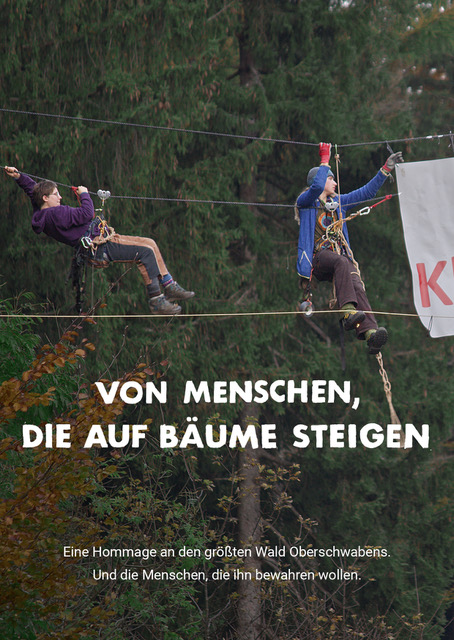At my recent film club we held a UK Premier of “How to Protest in the Land of Plenty” (2022) with a Director and participants Q&A! Honestly, I am still buzzing after watching this beautiful and incredibly inspiring film. The characters are so relatable, the scenery stunning and their stories endearing. I can’t thank them enough for coming to my wee film group and answering our 100s of questions with so much passion and care. And I can’t encourage you enough to watch, or even better, organise a screening for your community, family, the people across the road…
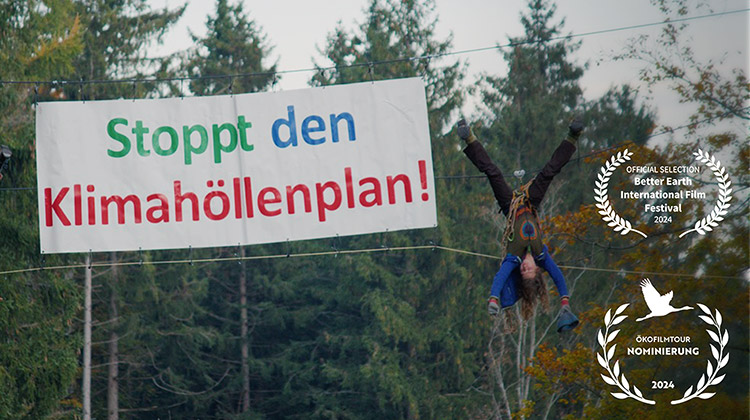
“In every action there is a success as people see it and it makes them thing”
“There are so many ways to make change” was one of my favourite pieces of feedback. The film’s overarching narrative is about a tree occupation in the Altdorf forest in Southern Germany. Where a group of activists built a community settlement to prevent the forest from being cleared for a gravel pit. The film captures a great number of stories of different people responding in different ways to interconnected issues that they all cared about. At its heart, the film invites you to share a space with this community of activist who all hold similar values and a deep rooted care for people and our planet.
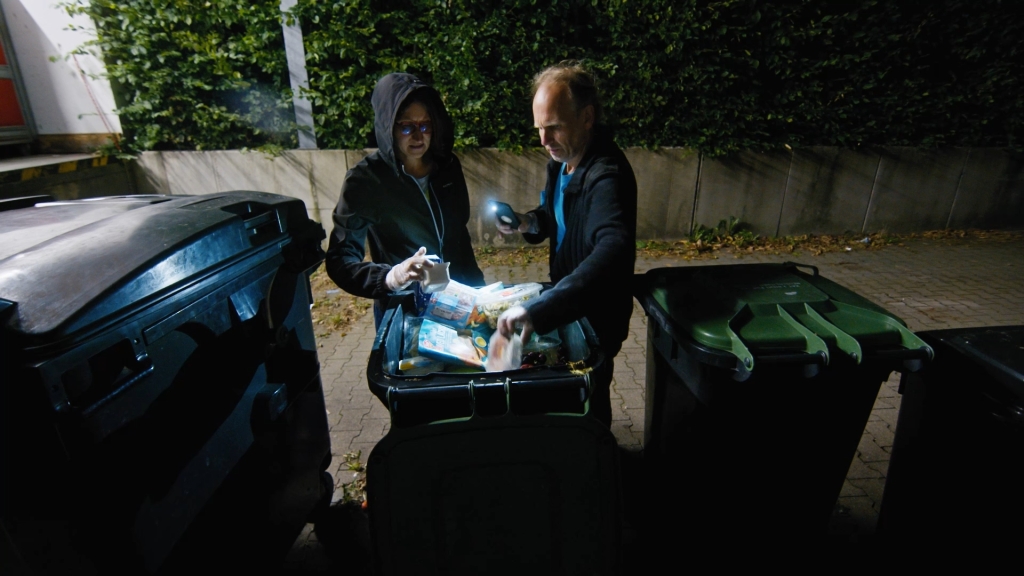
From bin diving to save food thrown out by supermarkets, then cooking it up for community meals or giving it away at market stalls. To marching through towns dressed as historical characters. To hanging banners off of massive cathedrals and trees in public areas. The diversity, creativity and joy behind their actions is clear. These characters felt so human and easy to relate and empathise with. You can’t help put support their efforts and want to take part, despite its challenge, as the film truly illustrates the joy of this community.
The pride these activists take in educating themselves about the law and their rights, so they can defend themselves when arrested or in court, was something we all found inspiring and motivating. It highlighted how important it was to understand and question the policies and systems in place that don’t work to protect us. Don’t protect our future. And don’t protect our planet.

The film club members commented on feeling encouraged by the activists’ creativity and courage. But also by their long-term approach to their protest activities. No one action will fix the massive interconnected mesh of problems, but each one plants a seed and is part of a sustained effort to continuously work towards a better future.
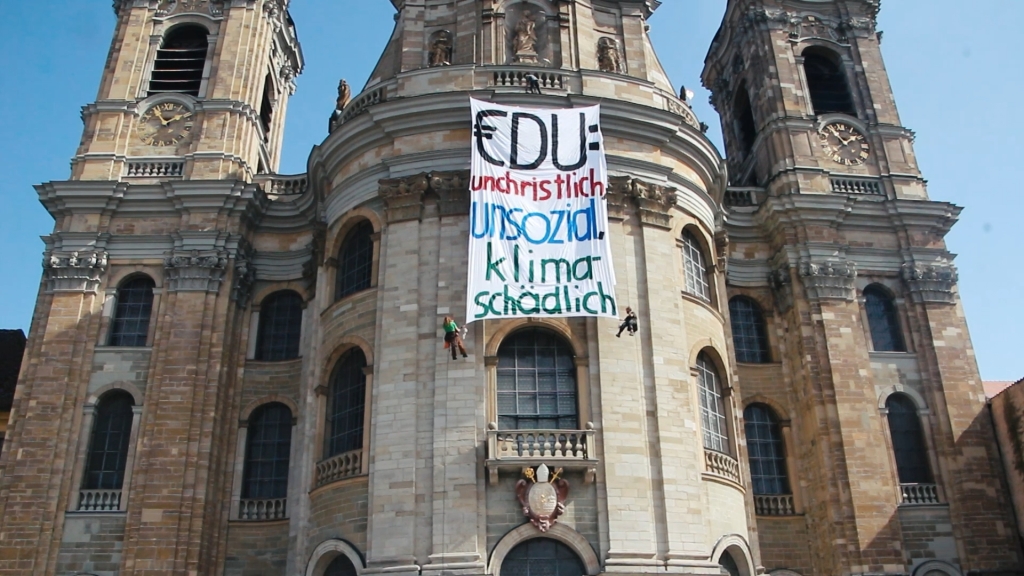
“Voting is important. But direct action is needed to sway the trend that becomes the change.”
The struggle of feeling frustrated and not knowing what to do to effectively make change is a relatable one. Particularly in the case of the past few weeks of news. The problems feel so vast and complex, its easy to get lost in the unknowing and feel clueless about where to put your energies towards. But that is what I found great hope in the message carried by the stories at the heart of this film.
The audience members were keen to find out the response of the filmmakers and activists to the global politics and conventions, such as COP, to hear how effective they felt they were. And their responses echoed the need for community, long-term efforts and continued grassroots response to challenge the broken global systems. As these conferences will not make the changes that are needed fast enough. And they need direct action to “sway the trend”. Alone these political systems are not enough.
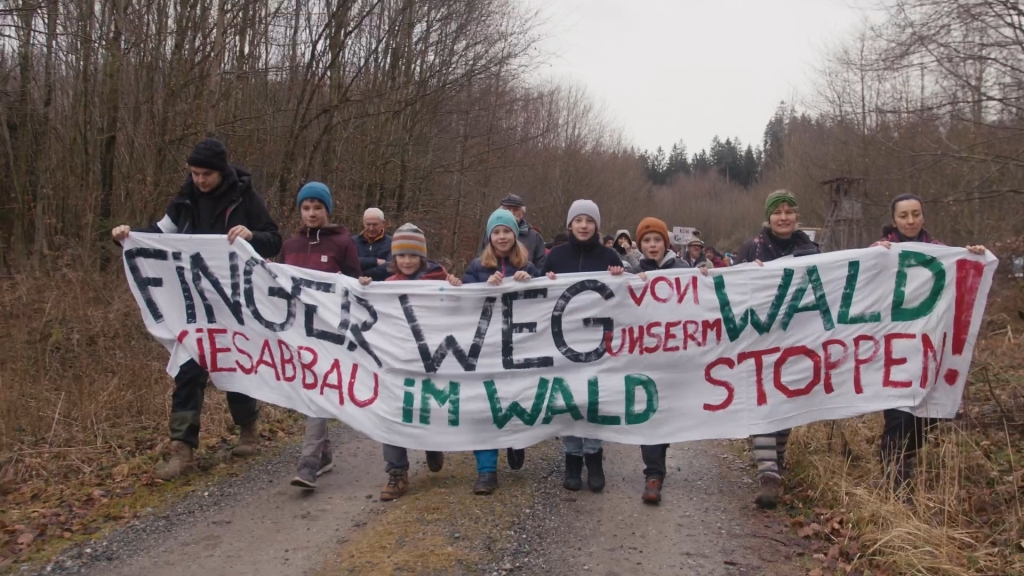
It was clear that the community’s actions shown in the film and those that have taken place after, were hard but galvanizing. Bringing a deep sense of agency and connection with others in and out of the movement, and with their environment. This idea felt a little contagious, in a good way for me and others watching.
What’s next?
The audience managed to fit in the final important question before the nights end: what’s next? Whether as part of the film project or in another campaign, each of our guests showed clear dedication and passion for continuing their activist efforts. What I found inspiring was how they described the impact the film and the conversations they were having with audiences. It demonstrated how positive of a vehicle the film was for telling stories, encouraging empathy and planting seeds. It also highlighted the great value of conversation, in bridging gaps across unlikely divides and fostering new relationships. And, I want to add, in making people feel less alone and a little less lost.
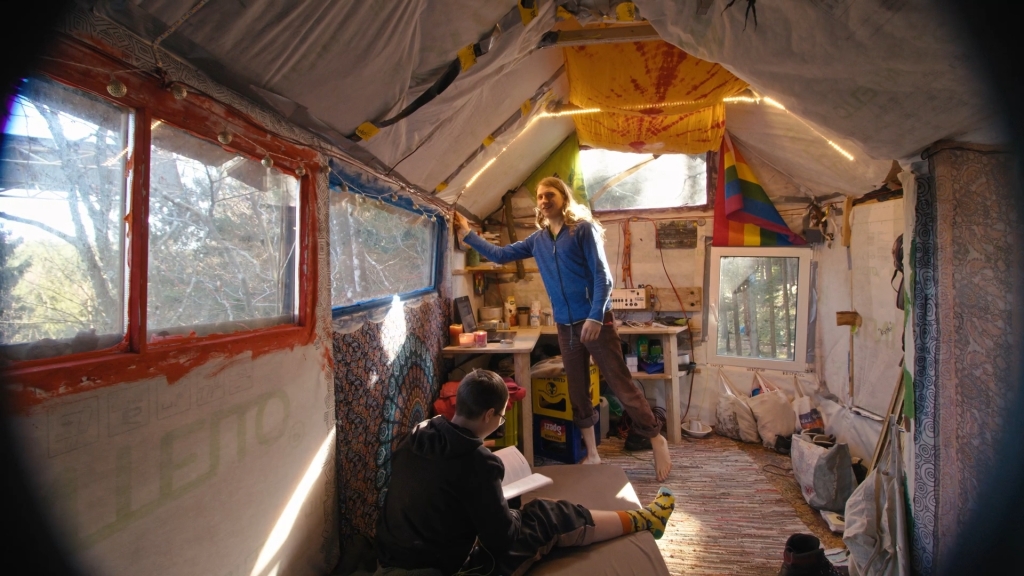
To follow the activists or find out more about the campaign and film please take a look at @baumbesetzung.ravensburg and @menschenaufbaeume.film
All photos are stills from the film, as thanks so the directors Christian Fussenegger and Bernadette Hauke.
